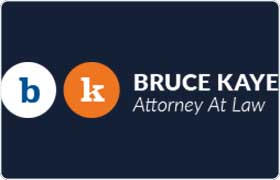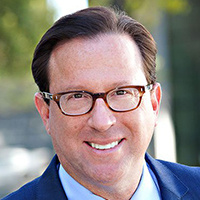Kaufman RICO Act Lawyer, Texas
Sponsored Law Firm
-
 x
x

Click For More Info:
-
Law Offices Of Bruce C. Kaye
400 N. St. Paul St.1110 Dallas, TX 75201» view mapCriminal Defense Law Changing Lives, One Case At A Time
The best thing about running my own practice is the opportunity to give my clients the individual attention they deserve.
800-920-9461
Not enough matches for Kaufman RICO Act lawyer.
Below are all Kaufman Criminal lawyers.
Carol Joanna Wray
Juvenile Law, Wills, Family Law, Criminal
Status: In Good Standing Licensed: 22 Years
Gabriella K. Bendslev
Wills, Estate, Family Law, Criminal
Status: In Good Standing Licensed: 31 Years
Gil J. Altom Jr.
Medical Malpractice, Divorce & Family Law, Criminal, Wills & Probate
Status: In Good Standing
Maranatha Jones Lingerfelt
Commercial Real Estate, Wills, Family Law, Criminal
Status: In Good Standing Licensed: 16 Years
Stephen Joseph Russell
Family Law, Divorce & Family Law, Criminal
Status: In Good Standing Licensed: 26 Years
Leslie Kathryn Odom
Juvenile Law, Family Law, Divorce & Family Law, Criminal
Status: In Good Standing Licensed: 18 Years
 Bruce Kaye Dallas, TX
Bruce Kaye Dallas, TX
